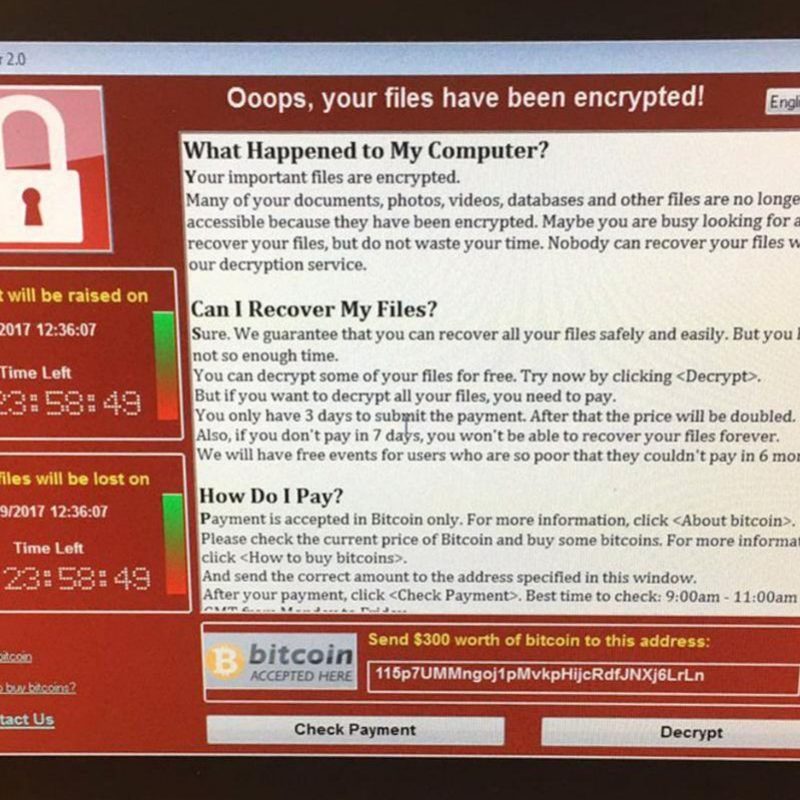Knowledge is power, which is why Mozilla is sharing with you what we’re reading on Internet Health.
The stories will focus on the five key principles outlined in our Internet Health Report: Open innovation, Digital inclusion, Decentralization, Privacy and Security, and Web literacy.
We believe these principles are crucial to a vibrant and healthy Internet.
Happy Friday! Here’s a look at some of the stories we’re reading this week.
DIGITAL INCLUSION:

CNET: FCC chips away at net neutrality rules
“On Thursday, the agency voted 2-1 along party lines to suspend the net neutrality transparency requirement for broadband providers with fewer than 250,000 customers. Under the previous administration’s policy such exemptions were only allowed for providers with fewer than 100,000 subscribers.”
NPR: All Tech Considered — Facebook Wants Great Power, But What About Responsibility?
“The chief of Facebook made an ambitious announcement last week, though it would have been easy to miss. It came Thursday afternoon — about the same time that President Trump held his news conference. While the reality-TV icon is a genius at capturing our attention, the technology leader’s words may prove to be more relevant to our lives, and more radical.”
ONLINE PRIVACY & SECURITY:
REUTERS: Bug causes personal data leak, but no sign of hackers exploiting: Cloudflare
“A bug in its software left hundreds of thousands of webpages hosted by Cloudflare Inc leaking encrypted personal data, but there was no sign yet the leak had been exploited by hackers, the Internet security firm said on Friday. …The data leak was attributable to a bug in the firm’s software that had been sending chunks of unrelated data to users’ browsers when they visited a webpage hosted by Cloudflare, according to Google researchers.”
The Wall Street Journal: Your Biggest Online Security Risk Is You
“Phishing usually happens via email, with alluring links or attached files. Lately, it’s also branching out to phones, text messages, WhatsApp chats, Facebook pop-ups and search engines. I once got phished by clicking an ad that downloaded malware to my computer.
In the past, typos, odd graphics or weird email addresses gave away phishing messages, but now, it’s fairly easy for evildoers to spoof an email address or copy a design perfectly.”
WEB LITERACY:

Wired: Now Anyone Can Deploy Google’s Troll-Fighting AI
“Last September, a Google offshoot called Jigsaw declared war on trolls, launching a project to defeat online harassment using machine learning. Now, the team is opening up that troll-fighting system to the world.
On Thursday, Jigsaw and its partners on Google’s Counter Abuse Technology Team released a new piece of code called Perspective, an API that gives any developer access to the anti-harassment tools that Jigsaw has worked on for over a year. Part of the team’s broader Conversation AI initiative, Perspective uses machine learning to automatically detect insults, harassment, and abusive speech online. Enter a sentence into its interface, and Jigsaw says its AI can immediately spit out an assessment of the phrase’s “toxicity” more accurately than any keyword blacklist, and faster than any human moderator.”
NPR: What Students Can Learn By Writing For Wikipedia
“Fake news has been, well, in the news a lot lately. But for the world’s largest crowdsourced encyclopedia, it’s nothing new.
To combat misinformation, Wikipedia has developed a robust corps of volunteer editors. Anyone can write new entries and scrutinize existing ones for adherence to Wikipedia’s rules on sourcing and neutrality. While it’s not free of errors or pranks, what results is a resource that 50 million people turn to daily on hundreds of thousands of topics in a few dozen languages.”
The New York Times: Europe Combats a New Foe of Political Stability: Fake News
“In a year when the French, Germans and Dutch will elect leaders, the European authorities are scrambling to counter a rising tide of fake news and anti-European Union propaganda aimed at destabilizing people’s trust in institutions.
As officials play catch-up in the fight against sophisticated hacking and fake news operations, they fear Europe and its elections remain vulnerable at a critical moment: The region’s decades-old project of unity hangs in the balance, challenged by populist forces within the bloc and pressures from Russia and beyond.”
DECENTRALIZATION:
Recode: Google wants businesses to text with its Android Messages service
“The next time you receive a text on an Android device saying your prescription is ready, you may notice a familiar calligraphic “W” in the icon bubble of the sender.
Google has announced a new platform to provide businesses an upgraded alternative to traditional SMS texting, allowing them to brand text messages, alerts and other communications, in addition to giving them access to features not available through SMS, such as group texting, high-resolution photos, and read receipts. (Similar to Apple’s built-in iMessage, or apps like Line and Facebook Messenger, which also have specific features for businesses.)”
OPEN INNOVATION:

Vogue: The Met Just Got a Whole Lot More Inclusive
“The Met partnered with several organizations in addition to Creative Commons in order to magnify the new policy. Pinterest, Google Cultural Institute, Artstor, the Digital Public Library of America, Wikimedia, and more will help audiences search, download, and learn about the works. “To make the museum as accessible as possible, we need to ensure that the collection exists in those online locations where people already go for doses of creativity, knowledge, and ideas,” said Loic Tallon, the Met’s chief digital officer, in a blog post.”
The Wall Street Journal: Young Consumers Tap Online Market for Recycled Apparel
“While many apparel retailers such as Abercrombie & Fitch and Gap Inc. have struggled in recent years with shrinking sales, the amount of used clothes being traded online has been rising. The U.S. volume of apparel and other items sold on Vinted, ThredUP and other such reselling services has more than doubled since 2013 and the market is now slightly more than $2 billion, estimates PrivCo, which analyzed data from 15 reselling sites.
Many platforms have tailored their services for smartphone users, making it easy to snap photos and list items, and for teens or young consumers who don’t have credit cards. Some also provide a standard shipping label at no additional cost.”



